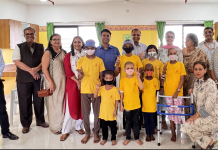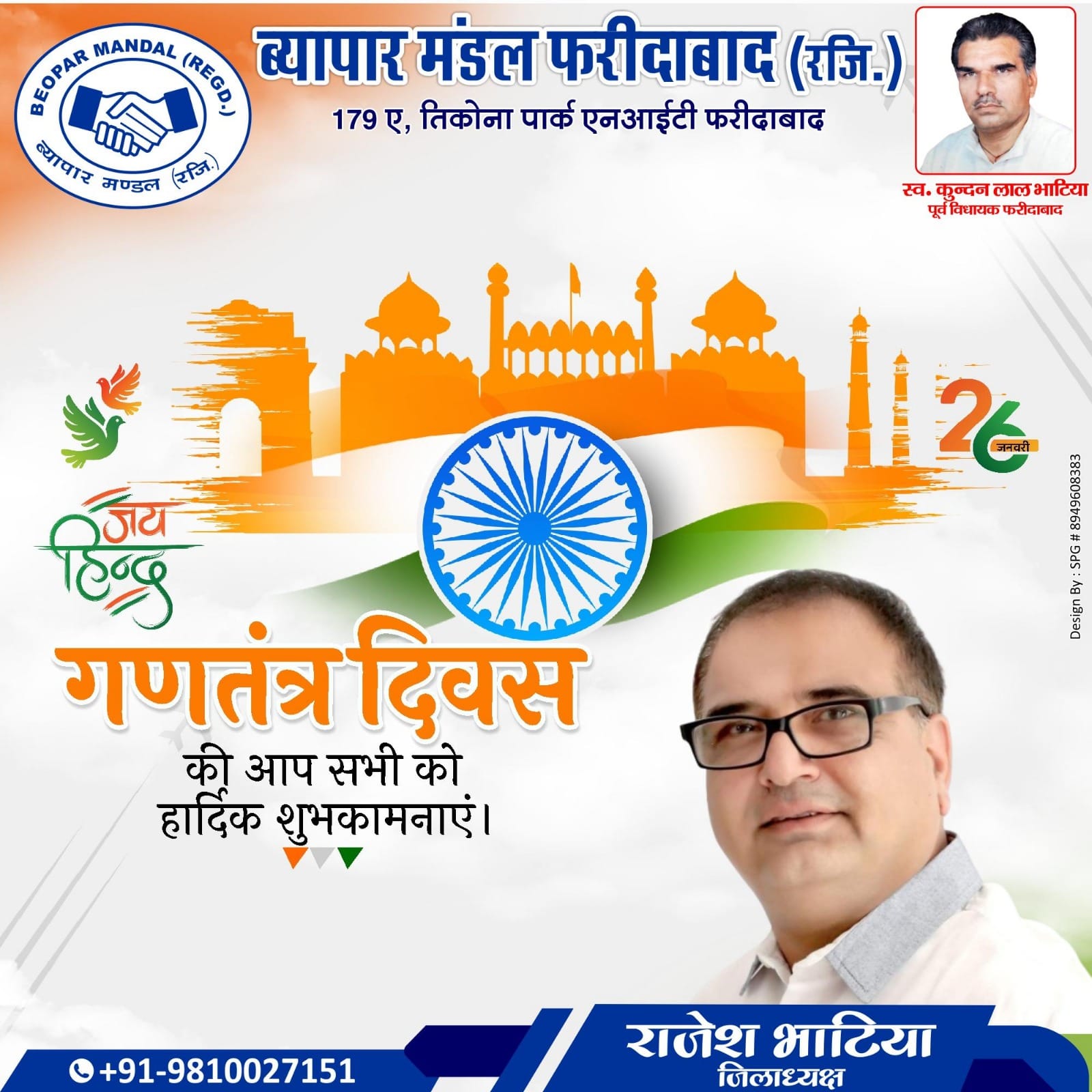TODAY EXPRESS NEWS ( AJAY VERMA ) March 05, 2018, New Delhi: SOS Children’s Villages of India in collaboration with Tata Institute of Social Sciences, have compiled a document aimed at raising awareness around, and promoting alternative care among the ideal forms of care of children who are deprived of a family or family support. The document emphasizes that institutional care of children must be the last resort. There is a greater need to strengthen alternative care facilities for children such as foster care, family-based care, sponsorship, and community-based initiatives.
According to the Ministry of Women and Child Development, 170 million children in India are vulnerable or experiencing difficult circumstances characterized by their specific social, economic, and geo-political situations, which is a whopping 40% of the country’s child population.[1]
The document titled ‘Alternative Care for Children: Policy and Practice’, has evolved from State seminars, jointly conducted by the two organizations, to generate greater dialogue and advocacy on non-institutional services or alternative care.
Highlighting the essence of the work, Anuja Bansal, Secretary General, SOS Children’s Villages of India, said, “Among the vulnerable children in India, only few are currently, receiving care, and fewer are placed under alternate forms of care such as kinship care, foster care or family-based care. Given the situation, it is imperative to grant these children a positive and a healthy environment, which becomes difficult under an institutionalized set-up. Such an environment has been proven to have a negative impact on these children due to lack of one-on-one human contact, lack of play facilities, poor nutrition, overcrowding, and lack of access to medical care.”
“Under such circumstances, non institutional alternatives in the form of kinship care, foster care, or other formats of providing a family-like environment, must be given precedence over institutionalization. While India does have such alternatives available, but the State and the civil society must come together to build capacities for providing more of alternative forms care for the increasing number of children in need of the same, so that they may get a fair chance in realizing their true potential,” added Bansal.
The document takes us through the vulnerabilities that the children face, the policy and framework on alternative care, the need for deinstitutionalisation of care, and some of the current available models of alternative care in India.
SOS India specialises in building loving families and ensuring sustainable and lasting impact on the lives of children who have lost parental care. Its unique Family Based Care (FBC) Model through been able to deinstitutionalise care and protection provided to these children. It is the only child care organisation operating in India that has been recognized as providers of group foster care homes to parentless and abandoned children under the Juvenile Justice Act (JJ Act) of 2015.
About SOS Children’s Villages of India
With 52 years of committed care and service provided to once parentless and underprivileged children, SOS Children’s Villages of India is one of the largest self-implementing NGOs with pan India presence across 32 projects in 22 states. It provides direct care to over 25,000 children annually. Established in 1964, SOS India is a non-government, non-profit, voluntary child care organization. It has since been involved in providing children in distress a ‘home-like’ environment with a loving mother, brothers and sisters, as well as a home and a community. The mission of the SOS Children’s Villages of India is to build families for children without parental care so that they grow up with love, respect & security. It is a well-known credible organization in India and the first NGO to get a CRISIL accreditation for very strong delivery capability and high financial proficiency. In March 2016, SOS India was certified by TRACE, world’s leading anti-bribery standard setting organization, which demonstrates a commitment to commercial transparency. For more information please visit: http://www.soschildrensvillages.in/























